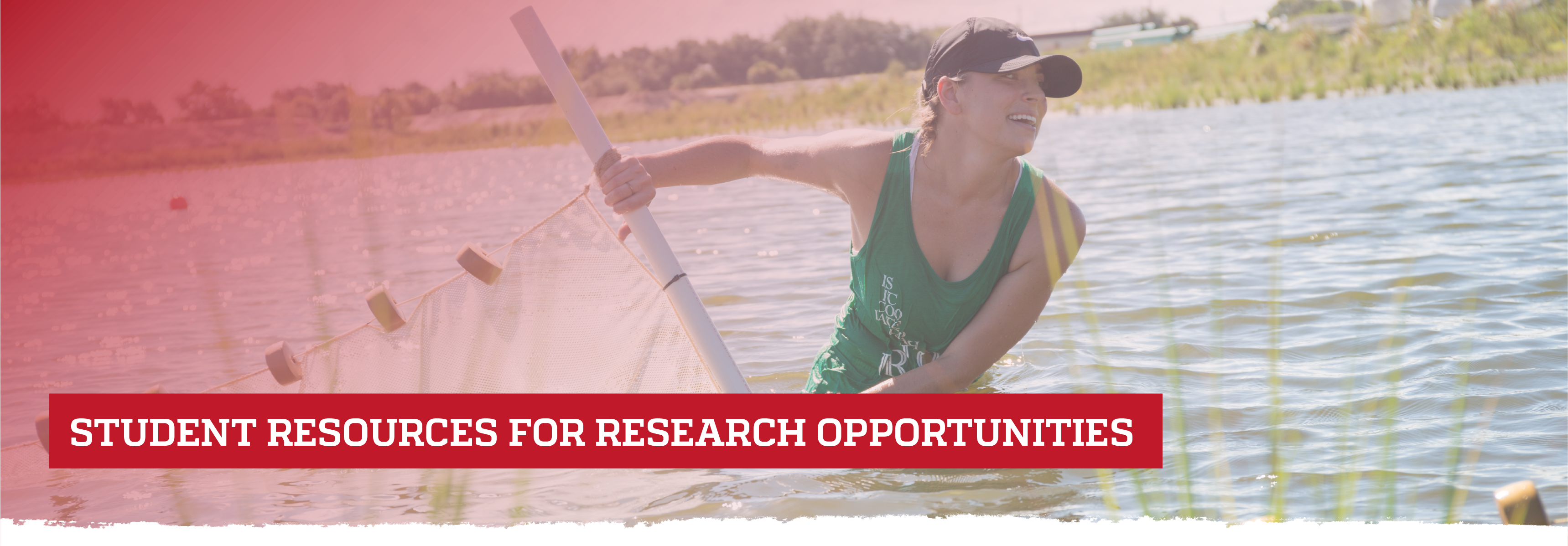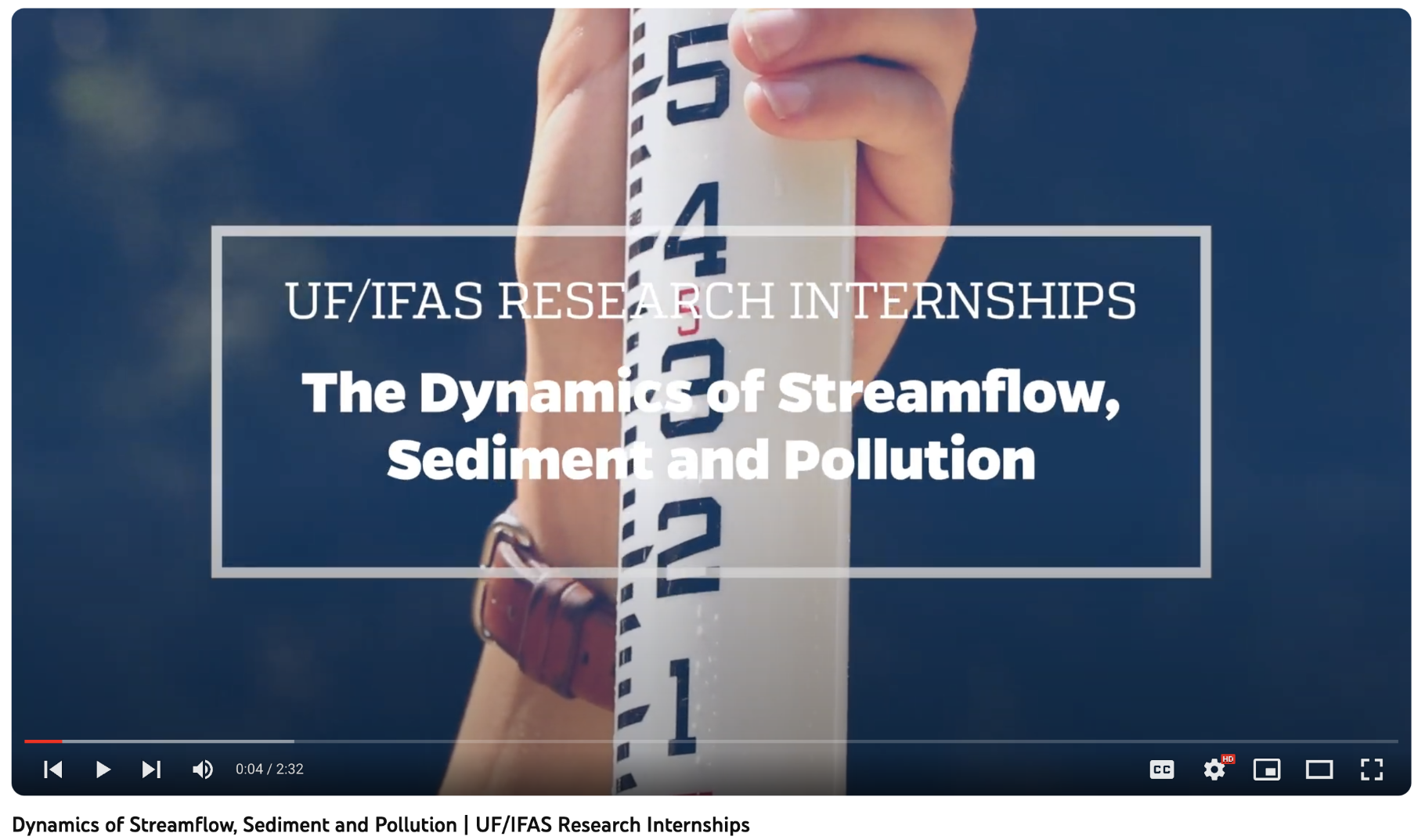Quotes from Intern Alumni Survey
“This was a fantastic hands-on experience. I learn best from doing and I have never forgotten my time working on this project.”
“Research helps students actively engage in learning. It helped me find what I want to do after graduation.”
“This program provides great work experience and builds important connections with faculty and researchers.”
“It gives you valuable experience to help you get a job...I think employers are looking for first-hand experience you can’t get in a classroom.”


